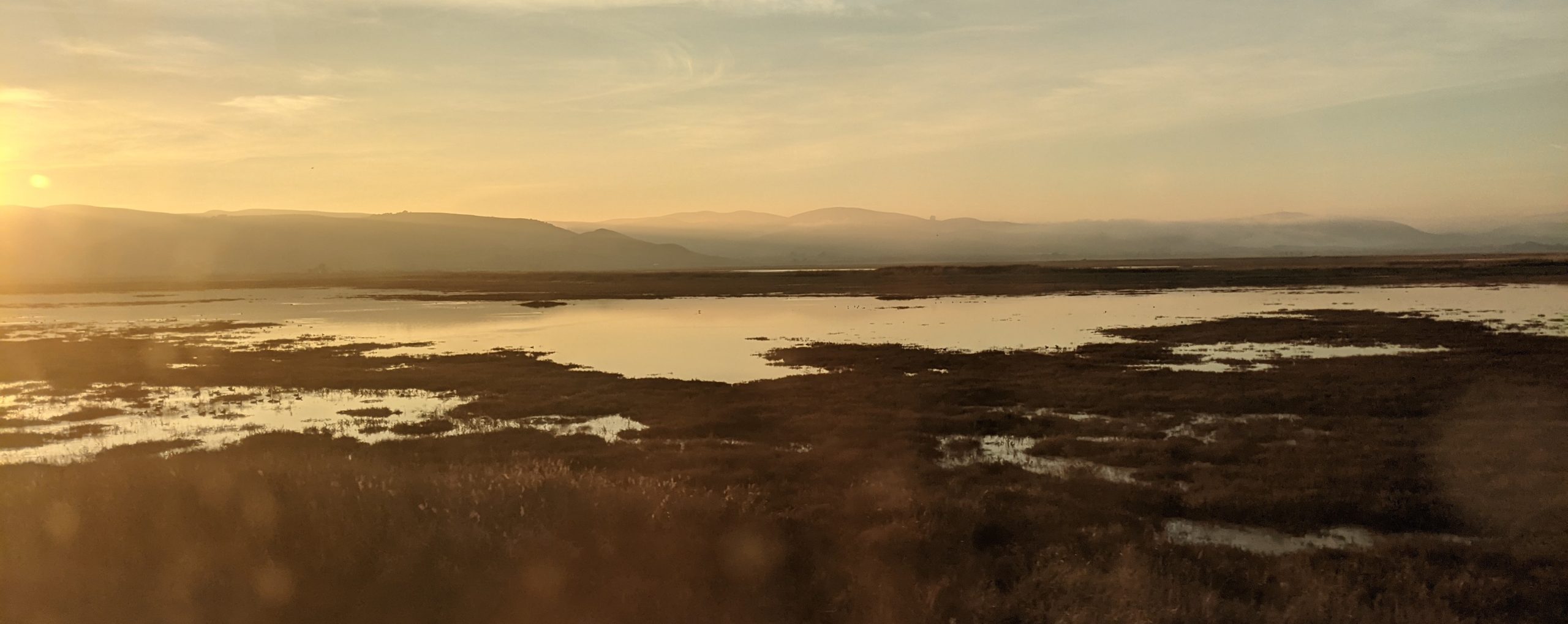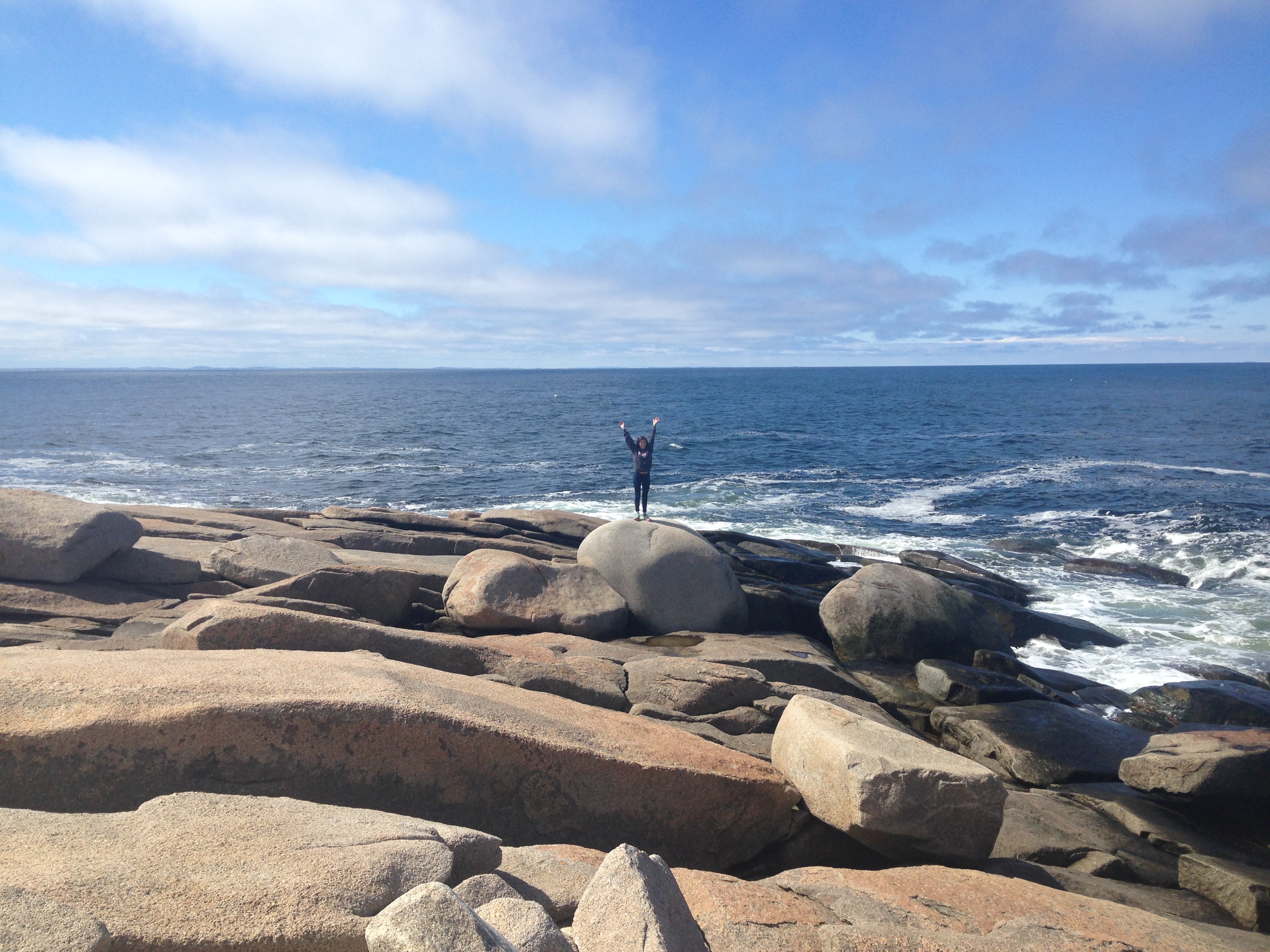A year ago, I turned in my senior thesis. Today, I attended a farmer training. I was on farms a couple weeks ago, and I’ll be on farms a couple weeks from now, in and out of farms through the rest of the year.
A year ago, I was in college world. Now, I’m in the real world. It’s the realest world I’ll ever be in, considering what most of the world’s population does every day, considering what most of the world’s population has done since the near-beginning of human existence. People have their children, livestock, crops. They produce food to eat, and maybe, if they have extra, to sell.
Harvard is about as far from smallholder farming as you can get. A year ago, I thought today during a talk about field infestations of armyworms, I was turning in my thesis, the cumulation of 17 years of academic work. A year ago, I thought as we talked about dozens of farming traditions, I was standing on a table in Annenberg Hall, waving a Kirkland flag at hundreds of freshman. A year ago, I thought as we discussed fungal infestations, I was eating cake pops and chocolate strawberries, thinking about how when I’d enter the real world in just a few months, I’d be thinking about how trivial this fake college world was.
But I don’t. A year out of Harvard, I treasure my time there even more than I did a year ago. I was in the real world and didn’t know it, wrestling through what it means to be at home, and following that, what it means to be human.
It’s easy to criticize wherever we are and the systems that we’re part of, and cynicism is my default mode. The cultures I am part of, like any cultures, have deep problems. They’re cultures with aspects that are easy to pinpoint and criticize: the hypocrisy of Harvard, the excesses of suburban Massachusetts, the closed-mindedness of evangelical Christianity, the frivolousness globetrotting of the cosmopolitan class.
These cultures are cultures that I, an Asian American heretic from a small town by the sea, have not been and can never be completely part of, not in the way a Zambian farmer is part of the village she’s lived in her whole life. But they are still places where I belong, where I have a family and a home. My senior spring, I thought I’d been set adrift from everything I’d known (My childhood religion! America!) but instead became more rooted.
Senior spring, I went with twenty people from Kirkland to my childhood home, drove them to the rocks by the ocean my family went to when I was a child. I took Japanese students on walking tours of historic Boston and told them the baseball stories that my grandfather had told me. Senior spring, I re-took up activities like running and baking and art that I’d put on hold since high school, shared them with people again. Senior spring, I said yes to everything except sleep and learned about migration and Scottish folklore and Native American history and acted in a terrible play and played video games with my brother and explored and made lasting friendships and found love at a time everyone said was impossible. I realized my parents had been right about most things. I began to understand from reading Toni Morrison’s Jazz over and over and over that even if you never move place (but especially if you do), your life is a series of stages and goodbyes that all interconnect; no matter how far you run from them they come back in different patterns, to haunt and to heal.
I’m still growing up: I don’t understand humanity and never will. But I understand more than I did March 10, 2017. Senior spring, I acted very immaturely—many of you know this—much of my writing from this time is terrifying, sleep-deprived ravings—but also painfully, wonderfully learned I could not and should not throw away my past and my present.
None of this has to do with smallholder farming. But at least for me, it’s inseparable from the work I’m doing now. This is not to trivialize differences between lives or trivialize the material hardships most smallholder farmers face. But I’ve been reflecting on the wonder of being human: facing material hardships we can’t imagine, people still find transcendent value in their families and their communities and their stories and their gods. We, as humans, find strength and hope in where we’re from and who we love and where we hope to be.
It’s reductive to view the “real world” as a set of material things: armyworms and suits, but not dorms and formals. What makes us human and connects us to others isn’t caterpillars or cake pops. It’s our relationships and traditions and sense of belonging and wonder.
When people here ask where I’m from, now, I answer more simply than I’ve answered in years.
“I’m from Boston.”
“You must miss it. You must miss your family.”
I think of my family in Boston and my family in Hawaii. I think of my families from Kirkland and HCFA, now scattered across the United States and in some cases, across the world. I think of the people from middle school in Massachusetts, in Scotland. I think of the crushing stresses of thesis and church. I think of biking through the North Shore, where the light is so beautiful it makes me cry. I think of Boston in the springtime, and I think of last year, when I finally became open to falling in love: without cynicism, without over-analysis.
“I do miss home.”
The farmer and I look at each other sadly: brief, understanding, and completely human.
So this to seniors in college who have just finished their theses and are nervous and excited about entering the real world— you’ve been in it since you were born.

